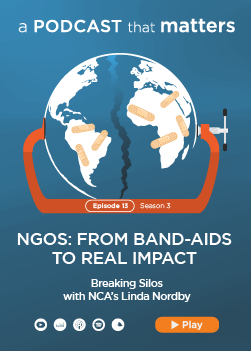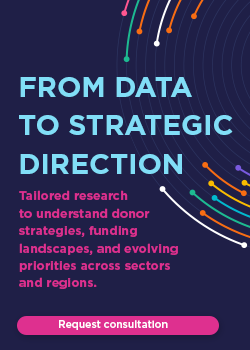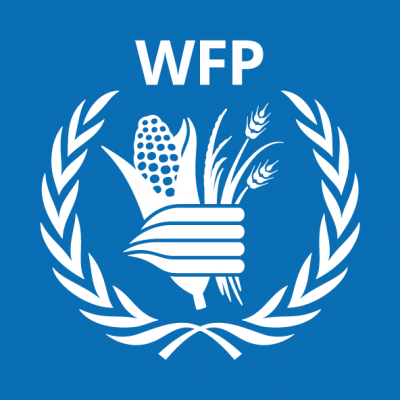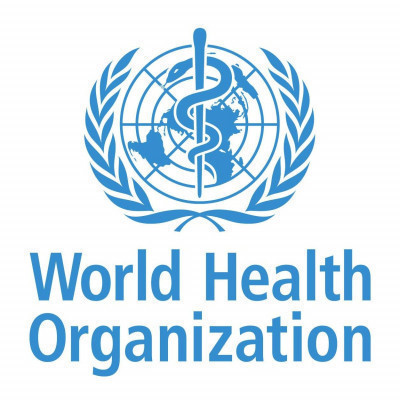Print
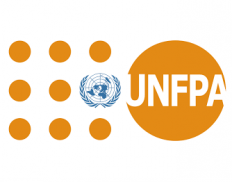
United Nations Population Fund (Palestine)
General
Contacts • 107
Tenders • 77
Grants • 0
Jobs • 29
Contractors • 0
Pricing strategy • 0
General
Contacts
Tenders
Grants
Jobs
Contractors
Pricing strategy
Details
Office:Palestine / West Bank & Gaza
Linked entities:United Nations Population Fund, United Nations Population Fund (Malaysia), United Nations Population Fund (Central African Republic), United Nations Population Fund, Liaison Office to AU and ECA, United Nations Population Fund East and Southern Africa Regional Office, United Nations Population Fund (Eswatini), United Nations Population Fund (Gambia), United Nations Population Fund (Bosnia and Herzegovina), United Nations Population Fund (Equatorial Guinea), United Nations Population Fund (Turkmenistan), UNFPA - United Nations Population Fund (Uruguay), UNFPA - United Nations Population Fund (Cuba), UNFPA - United Nations Population Fund (Benin), UNFPA - United Nations Population Fund (Kazakhstan), United Nations Population Fund (Guinea-Bissau), United Nations Population Fund (Venezuela), UNFPA - United Nations Population Fund (Namibia), United Nations Population Fund (Chile), UNFPA - United Nations Population Fund (Tunisia), UNFPA - United Nations Population Fund (Botswana), UNFPA - United Nations Population Fund (El Salvador), UNFPA - United Nations Population Fund (São Tomé and Príncipe), UNFPA - United Nations Population Fund (Eritrea), UNFPA - United Nations Population Fund (Laos), UNFPA - United Nations Population Fund (Guinea), UNFPA - United Nations Population Fund (Sierra Leone), UNFPA - United Nations Population Fund (Russia), UNFPA - United Nations Population Fund (Nigeria), UNFPA - United Nations Population Fund (Jamaica), UNFPA - United Nations Population Fund (Maldives), United Nations Population Fund (Rwanda), United Nations Population Fund (Sudan), United Nations Population Fund (Democratic People's Republic of Korea), United Nations Population Fund (Timor - Leste), United Nations Population Fund (Guatemala), United Nations Population Fund (Paraguay), UNFPA - United Nations Population Fund (India), United Nations Population Fund (Algeria), UNFPA - United Nations Population Fund (Madagascar), UNFPA - United Nations Population Fund (Chad), UNFPA - United Nations Population Fund (Belarus), United Nations Population Fund (Cote d'Ivoire), UNFPA - United Nations Population Fund (Romania), United Nations Population Fund (Haiti), UNFPA - United Nations Population Fund (Honduras), UNFPA - United Nations Population Fund (Indonesia), UNFPA - United Nations Population Fund (Peru), UNFPA - United Nations Population Fund, Comoros, UNFPA - United Nations Population Fund (Mexico), UNFPA - United Nations Population Fund (Georgia), United Nations Population Fund (South Sudan), United Nations Population Fund (Argentina), United Nations Population Fund (Azerbaijan), United Nations Population Fund (Nepal), United Nations Population Fund (Liberia), United Nations Population Fund (Iraq), United Nations Population Fund (Thailand), United Nations Population Fund (Burkina Faso), United Nations Population Funds (Mauritania), United Nations Population Fund (Tajikistan), United Nations Population Fund (Uzbekistan), UNFPA - Fondo de Población de las Naciones Unidas (Colombia), United Nations Population Fund (Somalia), UNFPA-United Nations Population Fund (Zambia), United Nations Population Fund Arab States Regional Office (Egypt), United Nations Population Fund (North Macedonia), United Nations Population Fund (Armenia), United Nations Population Fund (Ethiopia), United Nations Population Fund (Syria), United Nations Population Fund (Uganda), United Nations Population Fund, Latin America and Caribbean Regional Office Panama, United Nations Population Fund (Dominican Republic), United Nations Population Fund (South Africa), United Nations Population Fund (China), United Nations Population Fund (Malawi), United Nations Population Fund (Bangladesh), United Nations Population Fund - Democratic Republic of the Congo, United Nations Population Fund (Mongolia), UNFPA - United Nations Population Fund (Kyrgyzstan), United Nations Population Fund (Togo), UNFPA - United Nations Population Fund Morocco, United Nations Population Fund (Cambodia), United Nations Population Fund (Lebanon), United Nations Population Fund (Philippines), United Nations Population Fund (Mali), United Nations Population Fund (Jordan), United Nations Population Fund (Bolivia), United Nations Population Fund (Brazil), UNFPA - United Nations Population Fund (Afghanistan), United Nations Population Fund (Yemen), United Nations Population Fund (Pakistan), UNFPA - United Nations Population Fund (Tanzania), United Nations Population Fund Eastern Europe & Central Asia Regional Office (Turkey), United Nations Population Fund (Myanmar), UNFPA - United Nations Population Fund (Ukraine), United Nations Population Fund (HQ), United Nations Population Fund, Pacific Sub-Regional Office (Fiji), UNFPA - United Nations Population Fund (Libya), United Nations Population Fund (Congo), United Nations Population Fund (Niger), UNFPA - United Nations Population Fund (Mozambique), UNFPA - United Nations Population Fund (Kenya), United Nations Population Fund (Albania), UNFPA - United Nations Population Fund (Burundi), UNFPA - United Nations Population Fund (Moldova), United Nations Population Fund (Denmark), UNFPA - United Nations Population Fund (Zimbabwe), United Nations Population Fund Belgium, United Nations Population Fund West and Central Africa Regional Office (Senegal), UNFPA - United Nations Population Fund (Ghana), UNFPA - United Nations Population Fund (Lesotho), United Nations Population Fund (Sri Lanka), United Nations Population Fund Nicaragua, UNFPA - United Nations Population Fund (Oman), United Nations Population Fund (Cameroon), United Nations Population Fund (Vietnam)
Website: palestine.unfpa.org/
Contact person:
Phone(s):
Description
UNFPA seeks to improve the lives and expand the choices of individuals and couples. Over time, the reproductive choices they make, multiplied across communities and countries, alter population structures and trends.
UNFPA helps governments, at their request, to formulate policies and strategies to reduce poverty and support sustainable development. The Fund also assists countries to collect and analyse population data that can help them understand population trends. And it encourages governments to take into account the needs of future generations, as well as those alive today.
The close links between sustainable development and reproductive health and gender equality, the other main areas of UNFPA's work, were affirmed at the 1994 International Conference on Population and Development (ICPD) in Cairo. UNFPA is guided in its work by the Programme of Action adopted there. At the conference, 179 countries agreed that meeting needs for education and health, including reproductive health, is a prerequisite for sustainable development over the longer term. They also agreed on a roadmap for progress with the following goals:
Universal access to reproductive health services by 2015
Universal primary education and closing the gender gap in education by 2015
Reducing maternal mortality by 75 per cent by 2015
Reducing infant mortality
Increasing life expectancy
Reducing HIV infection rates
Country eligibility
No information available
Circumstantial eligible countries
No information available

Similar Companies
By Sectors and Organization Types
Country:
Mali
Awards:
0
Jobs:
0
Country:
Guinea-Bissau
Awards:
0
Jobs:
0
Country:
Azerbaijan
Awards:
0
Jobs:
0
Country:
Angola
Awards:
0
Jobs:
0
